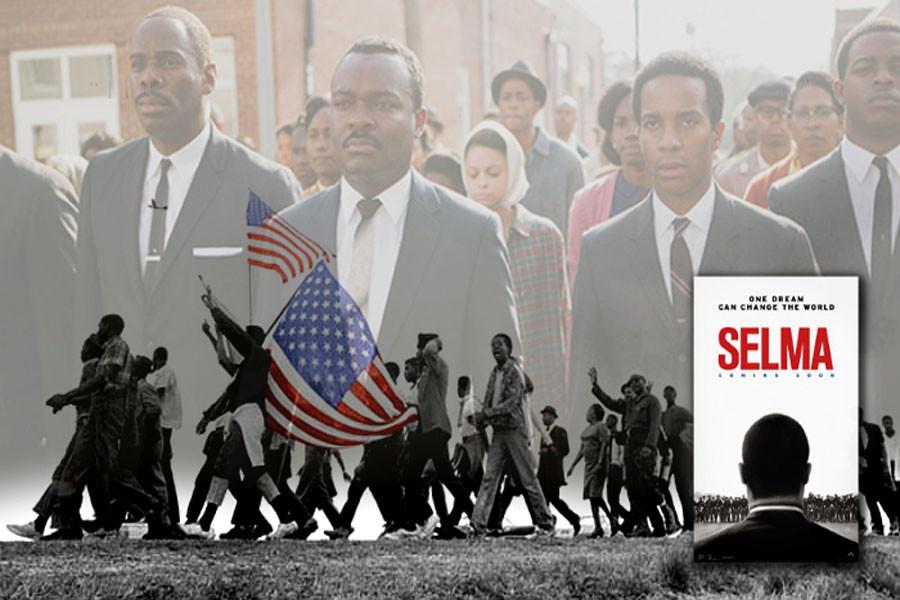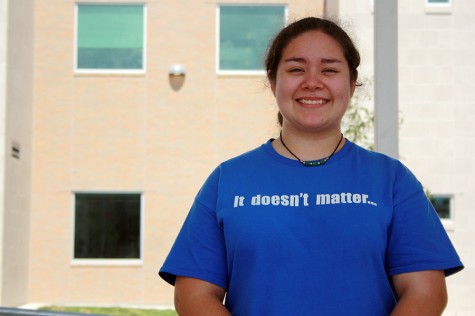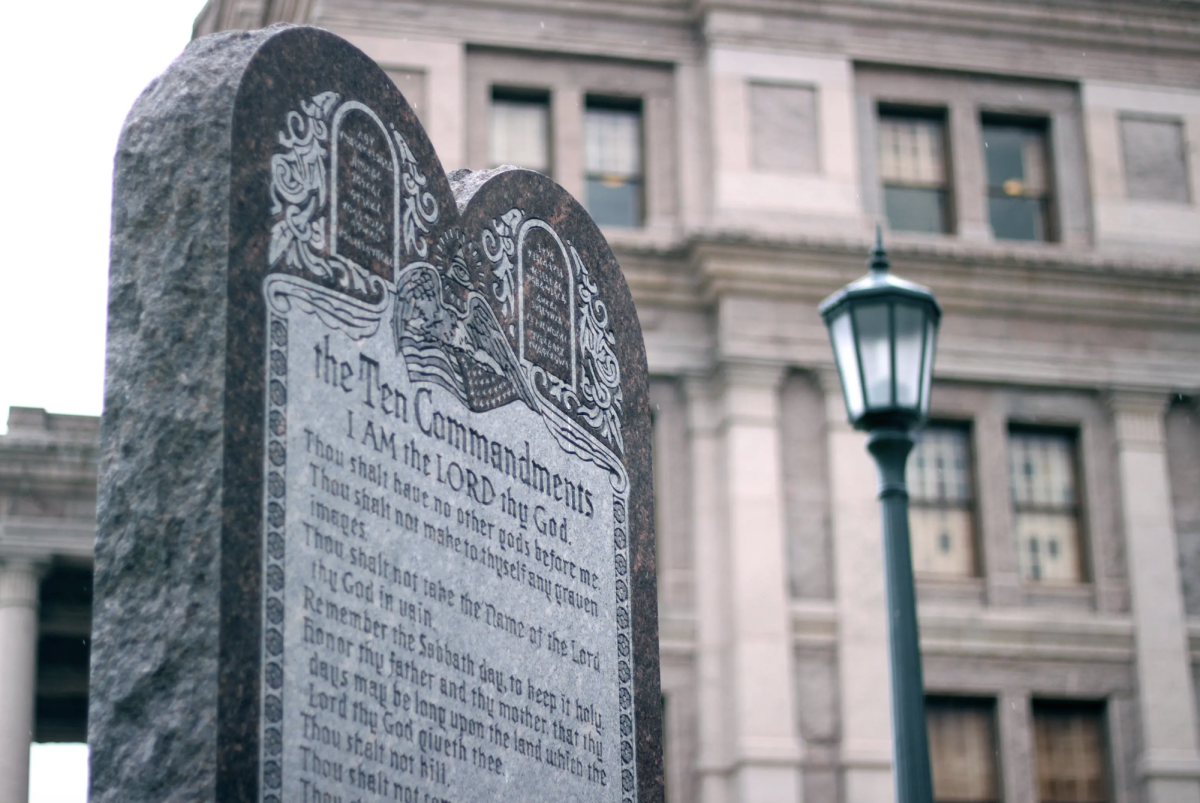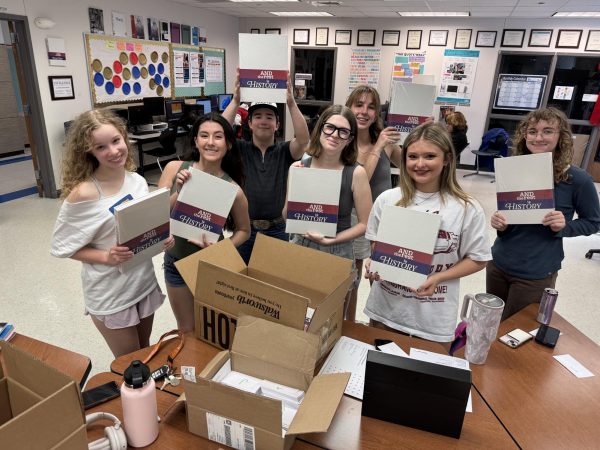Selma
“Selma” Movie Poster HD Wallpaper
January 12, 2015
In History classes, we learn about the battles for equality and desegregation, and with the advancement of technology, we have been able to actually see portions of what we read in textbooks. With the release of Selma on January 9, people are able to see a recreation of Martin Luther King Jr.’s campaign to gain voting rights in Selma, Alabama.
The movie, directed by Ava DuVernay, begins with the 16th Street Baptist Church bombing where four young girls died. It then moves on to Annie Lee Cooper, played by Oprah Winfrey, trying to register to vote, but she is denied by courthouse after a short quiz that only had to be taken by African Americans. The rest of the movie portrays Dr. King, played by David Oyelowo, trying, and succeeding, to obtain voting rights for the African American population, resulting in the Civil Rights Act of 1964 and Voting Rights Act of 1965.
Oyelowo’s portrayal of Dr. King was spot on. Not only did he have similar physical features as Dr. King, but his voice was perfect for the role. He managed to show the determination, softness and strength that Dr. King showed during the 1960’s. One moment that particularly stood out in his performance was during the speech at the funeral of civil rights activist Jimmie Lee Jackson, played by Keith Stanfield. Oyelowo had to show a softness during the funeral, a respect, and he did, but he also showed strength and calm anger at the same time, sending chills through the audience.
Supporting cast includes Carmen Ejogo (his wife Coretta Scott King), Tom Wilkinson (President Lyndon B. Johnson), Andre Holland (Andrew Young), Ruben Santiago-Hudson (Bayard Rustin), Colman Domingo (Ralph Abernathy), Common (James Bevel) and Tim Roth (Governor George Wallace) to name a few. Each cast member gave stunning performances, portraying their character in history well and as accurately as the script would allow.
The music was chosen well with a wide selection including Glory, Ole Man Trouble, I’ve Got the New World in My View, Keep on Pushing, One Morning Soon and Alabama Blues. Not only does it fit the time period, but it fits the mood. The cinematography was also spectacular with varying shots, from wide to close-up, but never was it cheesy.
The only issue with this movie, however, is that it shows President Johnson as reluctant to helping Dr. King with equal voting. In truth, President Johnson did all he could to get the bills passed and create equal voting rights for the African American people.
All in all, if you have time to see this historical movie, take the opportunity and go. It isn’t one of those feel-good movies, so if you’re looking for a nice date night, do not choose this movie. That being said, it should be seen by people who can comprehend the depth and meaning, and it doesn’t take a genius to sit in a theatre and look at a screen for two hours and seven minutes. But this movie isn’t light. There is mild language and does show people being killed and beaten, but it is relatively historically accurate; this is how it was, and, in the words of George Santayana, “those who cannot remember the past are condemned to repeat it.”
Selma is currently being screened at all theatres with ticket prices ranging from about $7 to $13, depending on the theatre selected.
4.75 out of 5 stars








